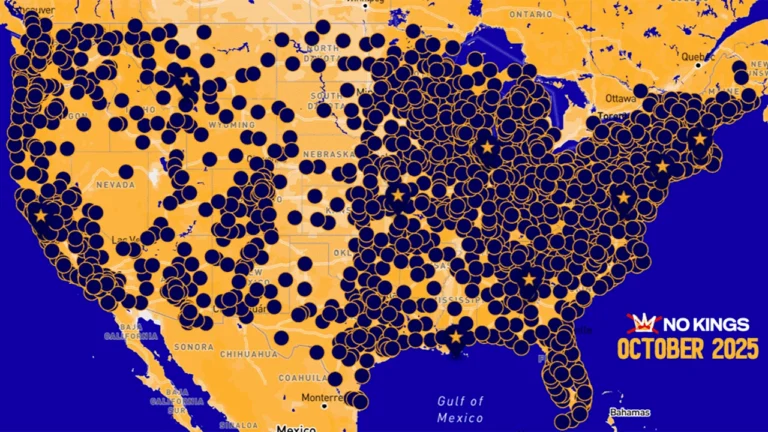
If you’re up for a raise anytime soon, chances are good that your manager will use AI to determine the amount in question—and, down the line, they may even use AI to decide whether to fire you.
That’s according to a June study from Resume Builder, which examined how managers are using AI to make personnel decisions ranging from promotions and raises to layoffs and terminations. Of the 1,342 U.S. managers surveyed, a majority of them are using AI, at least in some part, to make decisions impacting employees: 64% of managers reported using AI tools at work, while 94% of those said their usage extended to decisions about direct reports.
For many managers, AI tools have already become central to the hiring process. According to Insight Global’s “2025 AI in Hiring” report, 92% of hiring managers say they are using AI for screening résumés or prescreening interviews. Based on Resume Builder’s new report, AI is now becoming an integral part of how managers interact with their employees, from the day they’re hired until the day they’re let go.
How managers are using AI
According to Resume Builder, managers are increasingly turning to AI for support with the day-to-day to-dos that come with supporting a team of employees.
Of those who reported using AI, 97% noted using it to create training materials, while 94% used it to build employee development plans, 91% to assess performance, and 88% to draft performance reviews. Beyond these daily tasks, though, some managers are turning to AI for help with higher-stakes decisions.
Per the study, 78% of managers who use AI have consulted it to determine raises, and 77% have used it for promotions. Meanwhile, a whopping 66% have put at least some stock in AI when deciding who to lay off, and 64% have even turned to the tool for help with terminations.
How much does my manager rely on AI tools to make decisions?
When it comes to how much faith managers are actually putting in the decisions recommended by AI, the degree of trust appears to vary significantly.
While 24% of respondents said they sometimes let AI tools make decisions without human input, another 20% said they allowed AI to do so either all the time or often. One in four managers reported that they’d actually replaced a direct report with AI. And, despite an increasing reliance on managerial use of AI tools, only one-third of the surveyed managers said they’d actually received official training on ethical AI use in the office.
“It’s essential not to lose the ‘people’ in people management,” Stacie Haller, chief career advisor at Resume Builder, noted of this trend in a press release. “While AI can support data-driven insights, it lacks context, empathy, and judgment. AI outcomes reflect the data it’s given, which can be flawed, biased, or manipulated. Organizations have a responsibility to implement AI ethically to avoid legal liability, protect their culture, and maintain trust among employees.”






